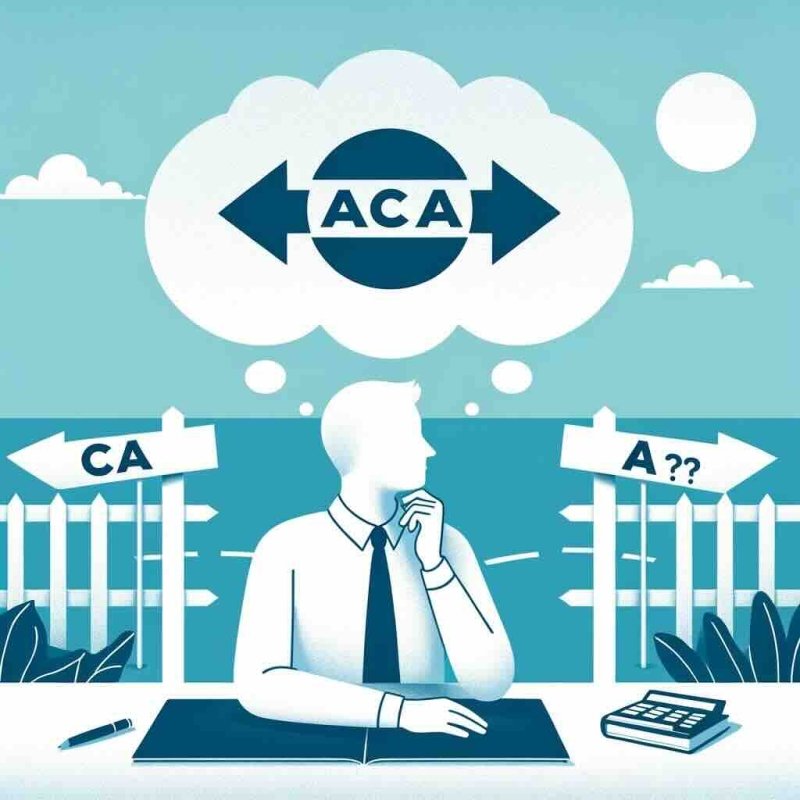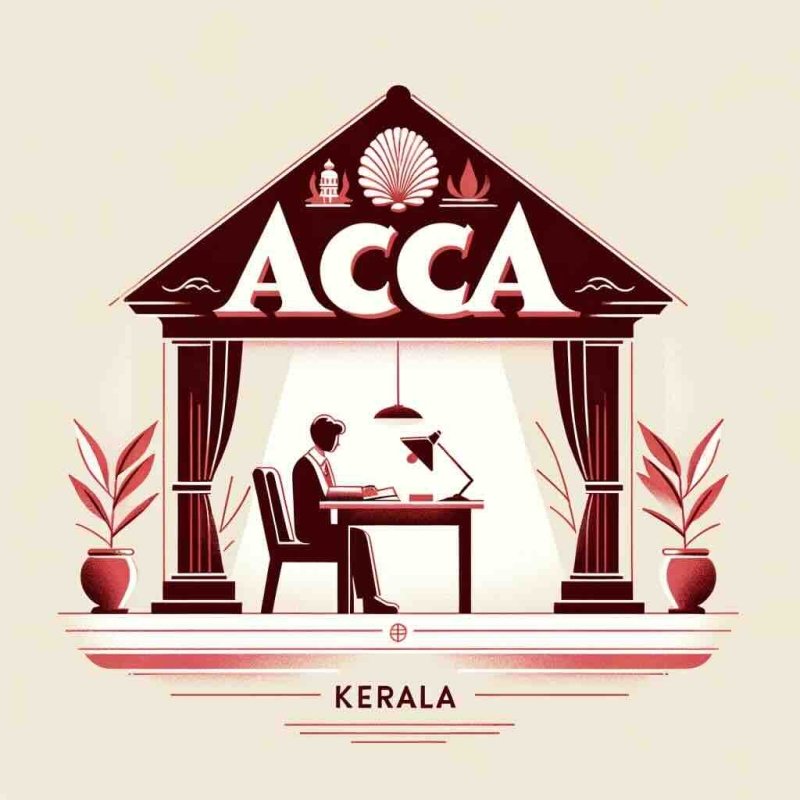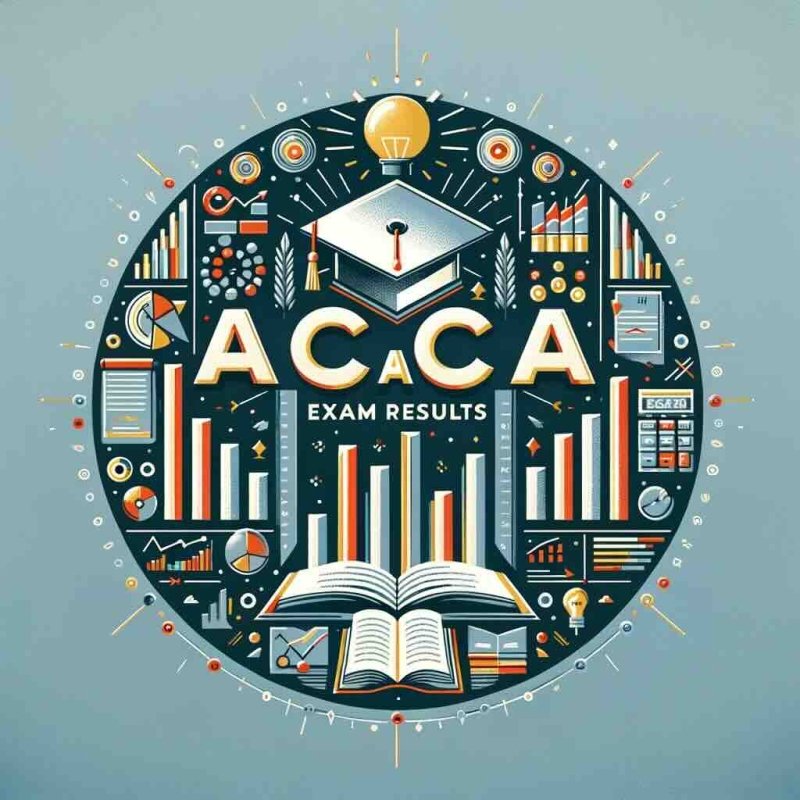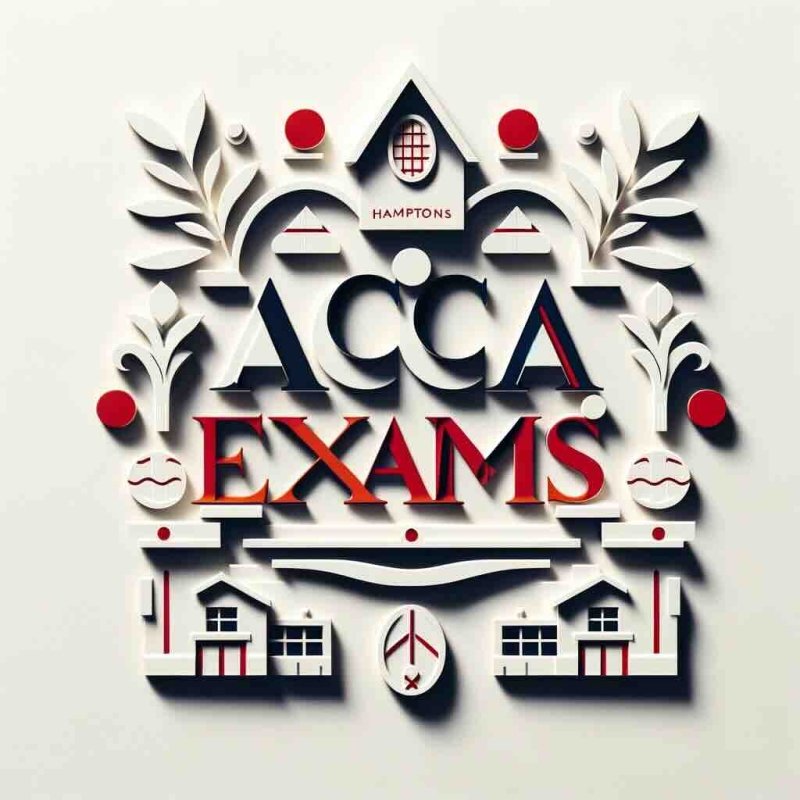Is the BPP exam kit harder than Kaplan for ACCA exams?
Battle of the Study Materials: BPP Exam Kit vs. Kaplan for ACCA Exams!
Preparing for ACCA exams requires diligent studying and suitable study materials. Students often consider two popular options: the BPP practice and revision Kit and the Kaplan exam kit. Both of these resources are widely used and trusted by many ACCA students. In this article, we will look closer at these ACCA books and compare their features, benefits, and difficulty levels to determine which is better suited for ACCA exams.
The difficulty of exam kits for the ACCA exams often comes down to personal perception. However, there are some general observations regarding BPP and Kaplan:
6 tips on how to pass ACCA exams with Extraordinary Results
Types of Questions: The BPP exam kit often contains more complex and challenging questions than Kaplan. Some students feel that BPP prepares them better for unexpected or more difficult questions on the exam because of this.

General Feedback:
- BPP: Often recognized for its in-depth coverage and comprehensive approach. It's particularly praised by students who want a detailed understanding of the syllabus.
- Kaplan: Known for its user-friendly layout, straightforward explanations, and practical approach.
Practice Questions:
- BPP: Some students felt that BPP's practice questions were more challenging, which helped them prepare for unexpected questions on the exam.
- Kaplan: Its practice questions often align closely with the ACCA exam's style and format.
Learning Style Adjustments:
- BPP: Best suited for students who like textual, in-depth explanations and appreciate rigorous practice sessions.
- Kaplan: More visual learners who appreciate diagrams, illustrations, and concise explanations often gravitate towards Kaplan.
Supplementary Materials:
- BPP: The supplementary materials, like revision kits, are detailed, with comprehensive solutions to questions, which many students found helpful.
- Kaplan: The supplementary materials are easy to follow, with a good balance of text and visual aids.
Online Learning Platforms:
- BPP and Kaplan have been appreciated for their online platforms, offering video lectures, mock exams, and other digital resources. However, the effectiveness largely depended on individual preferences and students' comfort with online learning.
Consistency Across Papers:
- Some students mentioned that the effectiveness of BPP vs. Kaplan varied depending on the specific ACCA paper. For instance, Kaplan might be preferred for one paper, while BPP might be more suitable for another.
Interactive Content:
- Digital and online offerings have become prominent, and students have debated the effectiveness of each provider's interactive tools. Both offer online platforms with interactive elements, but preferences differ based on user experience.
- BPP's new epub is more interactive and comes in a better ebook reader platform, vitalsource.com
Price and Availability:
- Availability can be a concern in certain regions. Some students have pointed out that one might be more readily available than the other, depending on the region.
- Price differences between the two also play a role in decision-making for some students.
Discover the Best ACCA Books: Which is Better - KAPLAN or BPP
Eduyush Recommendations:
- A recurring discussion theme is students advising others to use both providers: Kaplan for its straightforward explanations and BPP for its comprehensive practice questions. This approach can offer the best of both worlds.
- From usability perspective, BPP new epub on vitalsource is much more friendly.
Heres an analysis of exam kits sold by level on Eduyush.com over the past 36 months. This analysis shows to a large extent which books are preferred by students
Applied Knowledge Level:
- AB (Accountant in Business) / BT (Business and Technology): Kaplan is often preferred due to its more straightforward and practical approach, given the paper's more theoretical nature. Kaplan - 60%, BPP - 40%
- MA (Management Accounting) / FM (Financial Management): Students seem divided. Those who appreciate more practice questions and in-depth explanations may lean towards BPP, while those seeking a more concise approach prefer Kaplan. KAPLAN 60%, BPP 40%
- FA (Financial Accounting): Kaplan is often mentioned due to its clear and straightforward presentation of fundamental accounting concepts. However, some students opt for BPP for its detailed exam kit. Kaplan - 55%, BPP - 45%
Link for ebooks knowledge level
Applied Skills Level:
- LW (Corporate and Business Law): Kaplan is frequently chosen for its simplicity and clear explanation of legal concepts, which is especially beneficial for students without a legal background. KAPLAN 65%, BPP 35%
- PM (Performance Management): There is a split preference, with some students finding BPP's rigorous questions helpful, while others appreciate Kaplan's clear explanations. Kaplan - 50%, BPP - 50%
- TX (Taxation): The choice can often depend on the specific region of study (e.g., UK, Malaysia) due to variations in tax law. Both publishers are generally considered good, but local versions matter a lot. Depending on region, but generally: Kaplan - 55%, BPP - 45%
- FR (Financial Reporting): Given the complexity, some students prefer BPP for its comprehensive approach and detailed examples. Others favour Kaplan for its structured presentation. Kaplan - 45%, BPP - 55%
- AA (Audit and Assurance): Kaplan is frequently mentioned for its clarity in explaining audit concepts. Kaplan - 60%, BPP - 40%
- FM (Financial Management): Student preferences are split like PM. The choice depends on whether one wants a more in-depth or concise approach. Kaplan - 45%, BPP - 55%
Link for ebooks Skill level
Strategic Professional Level:
- SBL (Strategic Business Leader): Many students lean towards Kaplan because of its practical and case-study-focused approach. Kaplan - 65%, BPP - 35%
- SBR (Strategic Business Reporting): BPP is often recommended due to its detailed approach and comprehensive practice questions, given the paper's complexity. Kaplan - 30%, BPP - 70%
- AAA (Advanced Audit and Assurance): Kaplan's clear explanations are often preferred, though some students like BPP's rigorous questions for practice. Kaplan - 52%, BPP - 48%
- AFM (Advanced Financial Management), APM (Advanced Performance Management), and ATX (Advanced Taxation): Preferences are mixed. Some students feel BPP offers a more in-depth approach suitable for these advanced papers, while others prefer Kaplan's structured layout and presentation. Kaplan - 42%, BPP - 58%
Link for ebooks Strategic level
ACCA Exam dates. Latest Exam dates | Entry | Deadline | Results
Tips for effectively using the BPP Exam Kit and Kaplan study materials

Regardless of which study materials you choose, here are some tips to help you make the most of your preparation:
- Create a Study Schedule: Plan your study sessions and allocate specific time slots for each topic. This will help you stay organized and cover all the necessary material.
- Active Learning: Instead of passively reading the study materials, actively engage with the content. Take notes, create mind maps, and ask yourself questions to reinforce your understanding.
- Practice Regularly: Use the practice questions and mock exams the study materials provide. Regular practice will help you familiarize yourself with the exam format and improve your problem-solving skills.
- Seek Clarification: If you encounter any concepts or topics you find difficult to grasp, don't hesitate to seek clarification. Contact your tutors, join study groups, or utilize online forums to get help.
- Stay Motivated: Exam preparation can be challenging and overwhelming at times. Find ways to stay motivated, such as setting realistic goals, rewarding yourself for small achievements, and taking breaks when needed.
Ultimately, the best approach for many students is to use both BPP and Kaplan materials in their studies. This approach allows students to understand topics comprehensively and benefit from each publisher's strengths. Reading the Kaplan textbook and practising with the BPP exam kit gives them a balanced approach.
Remember, everyone's learning style is different. Please review sample chapters or questions from both publishers before deciding which suits you best.
Ready to ace your ACCA exams? Choose the ACCA books that best suit your needs and start your preparation today. Remember to adopt effective study habits, seek support, and stay motivated. With the suitable materials and the right mindset, success is within your reach!
Questions? Answers.
You have an unlimited number of attempts to pass the ACCA (Association of Chartered Certified Accountants) exams.
ACCA does not impose a limit on the number of times you can retake an exam.
You can keep attempting until you successfully pass each exam, which provides flexibility for candidates to learn and improve their performance over time.
Yes, ACCA offers exemptions for certain exams for candidates who have completed certain academic programs or have relevant professional qualifications.
To request exemptions, you will need to provide documentation and submit an exemption application to the ACCA. Review our comprehensive exemptions calculator to know more.
The pass rate for the ACCA exams varies from exam to exam and from year to year. In general, the pass rate for the ACCA exams is between 35% to 50%. Read our blog on subject wise pass rates to know more.
The answer to this lies on your context and individual career objectives.
The ACCA (Association of Chartered Certified Accountants) membership provides numerous benefits, including:
- Professional development opportunities, such as access to the latest technical resources, CPD modules and e-learning tools
- A global community of like-minded professionals to collaborate and share knowledge with
- The ability to connect with employers through the ACCA Jobs service
- Eligibility for reduced rates on a range of products and services, such as insurance, stationery and more
The consequences of non-payment of the annual subscription fees are
As a member:
1) you can't call yourself an ACCA member, and you won't be able to use the ACCA name or logo.
2) You also won't be able to use any resources, including the online resources.
3) if you're working as an accountant, you may be unable to use the term "ACCA-qualified" or "ACCA-registered".
4) If your membership expires and isn't renewed within three years. In that case, your name will be removed from the Register of Members.
5) If you need to apply for CPA accreditation with another accounting body like CPA Australia or Canada, you will be required to furnish a good standing certificate from ACCA for five years. If you haven't paid your membership fees, you won't be able to get your good standing letter
As a student
1) You will not be able to use the members' website or log into MyACCA. You will lose access to many resources, including past exam papers and helpful articles.
2) You will no longer be eligible to sit the examinations or progress through the qualification.
3) You won't be able to pursue any other qualifications like the DIPIFR
If this is something that happens accidentally, then it is usually quickly resolved by simply paying the outstanding amount of 89 GBP.
If you're looking to become a chartered accountant in the United States, the value of the ACCA qualification cannot be understated.
To be accepted into one of the regional accountancy bodies that confer chartered status (such as the AICPA), you must have completed an accredited course of study from a college or university and have spent at least two years working in the accounting field.
The Association of Chartered Certified Accountants is globally recognized as one of the leading institutions for providing such accredited courses, and their stamp of approval on your degree will go a long way in getting your foot in the door with some of the top accounting firms in America.
It is a difficult question because it depends on your specific situation and goals.
However, in general, we would say that the CA (Chartered Accountant) certification is better for those interested in pursuing a career in accounting and finance.
In comparison, the CFA (Certified Financial Analyst) certification is better for those interested in investment banking or portfolio management.
The ACCA (Association of Chartered Certified Accountants) certification is more internationally recognized than the CA or CFA, so it may be worth considering if you're interested in working abroad.
Ultimately, though, the best way to decide which certification is proper for you is to speak with experts in each field and get their advice.
The decision of whether ACCA or a degree is better for you depends on your individual goals and circumstances.
ACCA is a professional accounting qualification that is recognized and respected globally and it is focused on accounting and finance. It is a good option for those who want to pursue a career in accounting or finance and do not want to spend the time and money required to earn a degree.
On the other hand, a degree program offers a more well-rounded education and provides a broader range of career options. It also provides more in-depth knowledge in specific field of study and it is good for those who want to pursue a career in a field outside of accounting and finance.
Both ACCA and a degree can be valuable qualifications, it depends on the person's career goals and what they want to achieve in the long term. It's also worth noting that in some countries, it is mandatory to have a degree in order to practice as an accountant.
The 15 subjects in ACCA are
- Business & Technology (BT)
- Management Accounting (MA)
- Financial Accounting (FA)
- Corporate and Business Law (LW)
- Taxation (TX)
- Performance Management (PM)
- Financial Reporting (FR)
- Audit and Assurance (AA)
- Financial Management (FM)
- Strategic Business Leader (SBL)
- Strategic Business Reporting (SBR)
- Advanced Financial Management (AFM)
- Advanced Performance Management (APM)
- Advanced Taxation (ATX)
- Advanced Audit and Assurance (AAA)













Leave a comment